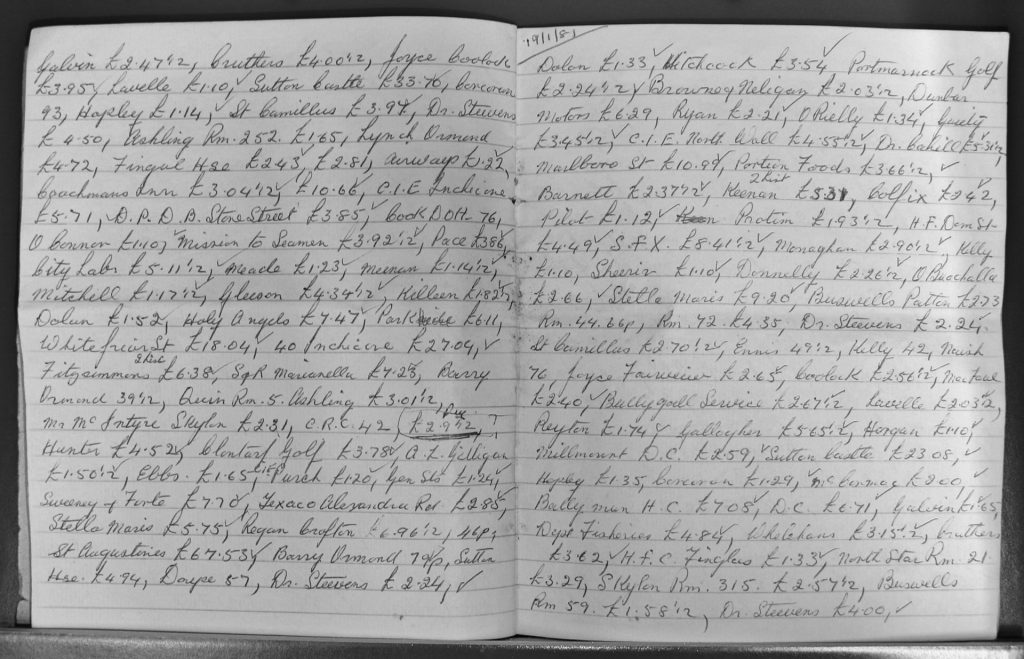Transforming Justice: An All-Island Examination of Justice Responses to Historical Institutional Abuse
Over the last two decades, historical abuse in state and religiously-operated institutions has come under scrutiny around the world. The island of Ireland (Northern Ireland (NI) and the Republic of Ireland (RoI)) has had a large number of investigations, redress schemes or apologies regarding historical institutional abuse (HIA) against women and children, some of which are ongoing. Many of these efforts have been criticised by victims/survivors, in particular for inadequate or unimplemented recommendations or practices. Media reports suggest that these efforts to address past abuses have failed to bring justice or healing for survivors or hold responsible individuals and the state to account. Activist academic research and advocacy in both NI and ROI continues to collaborate with and empower survivors and seeks to inform and shape policies and practices of governments and churches, by offering significant and survivor-led alternatives.

This is an important moment to stand back and assess justice responses to HIA across the island of Ireland and how they compare to efforts across the world. The research brings together leading researchers across a range of fields – law, criminology, sociology, social policy, social work, restorative justice, transitional justice and human rights – and represents a major, wide-ranging and cross-disciplinary study focusing on Ireland (North and South).
The study will focus on range of contexts including (i) Industrial/Reformatory Schools (ii) Magdalene laundries (iii) clerical sexual abuse (iv) Mother and Baby Homes (v)symphysiotomy (vi) illegal adoption (vii) other residential institutions operated by Church and State authorities in Northern Ireland and in the Republic of Ireland. Our findings will be published in books, journals and other sources.
It examines the limitations of existing justice approaches, including public inquiries or commissions of investigation, civil cases, criminal prosecutions, redress schemes and apologies. The main argument to be examined is that a complex range of factors have prevented just responses to HIA and blurred lines of accountability. The research will involve interviews with victims/survivors and elite-level stakeholders across both jurisdictions such as lawyers and human rights advocates, judges/commissioners, politicians, policy makers, victim-advocates/representatives and members of religious orders. Drawing on restorative and transitional justice and approaches in other countries, it will outline a new framework of justice. This research will provide a guiding standard to improve official and public understanding to redress HIA across Ireland and elsewhere.
The research is supported by an International Advisory Group (IAG) comprised of leading academics/professionals in other jurisdictions with sustained experiences of HIA including Prof Kathy Daly (Griffith University, Australia); Prof Jennifer Llewelyn (Dalhousie, Canada); Dr Rosemary Nagy (Nipissing, Canada); the Honourable Peter McClelland AM QC (Chairperson, Australian Royal Commission into Institutional Responses to Child Sexual Abuse); Prof Ivo Aertsen (KU Leuven); Prof Gordon Lynch (Kent); and Prof Clair Wills (Cambridge).
